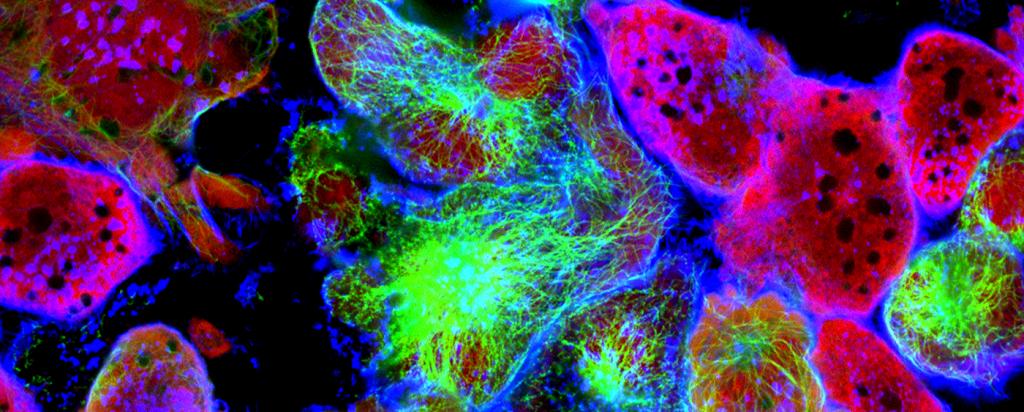Radiation Biology specialises in the measurement and manipulation of radiation and radioactive materials within biological matrices, systems and living organisms for the study of the interaction of radiation with living matter.
Radiobiology has access to a range of radioisotopes and X/gamma-ray sources (X-RAD320 and GATRI). Access to a selection of X-ray beams, ion beams and neutron beams for the irradiation of biological material at ANSTO facilities can be facilitated. .
The radiobiology team has expertise in managing the sample environment and post-irradiation processing and analysis. PC1 laboratories allow for the safe, aseptic manipulation of low-level radioactive material.
Radiobiology is integrated with ANSTO’s various irradiation and dosimetry facilities, allowing for the precision irradiation and dose assessment of biological material.
Techniques and technologies
- Radioimmunoassay uses radioactive isotopes as traceable tags to quantify specific molecules from samples
- Evaluation of biological response to radiation (such as radioisotopes and X/gamma-ray sources)
Various in vitro cell-based assays and molecular techniques can be used to characterise and measure the effects of radiation treatment on biological systems. These include enzyme immunoassay, flow cytometry, Western blot, qPCR, colony formation assay, cell death/survival, cell proliferation, free radicals and oxidative stress assays - Immunofluorescence assay utilises fluorophores to visualise cellular antigens
- Cell, tissue, plant and small animal irradiation using X-RAD320 and GATRI
- Sample environment and analysis for irradiations using accelerator, neutron and synchrotron nfrastructure.
Capability Selections
- Radioimmunoassay
- Evaluation of biological response to radiation
- Immunofluorescence assay

